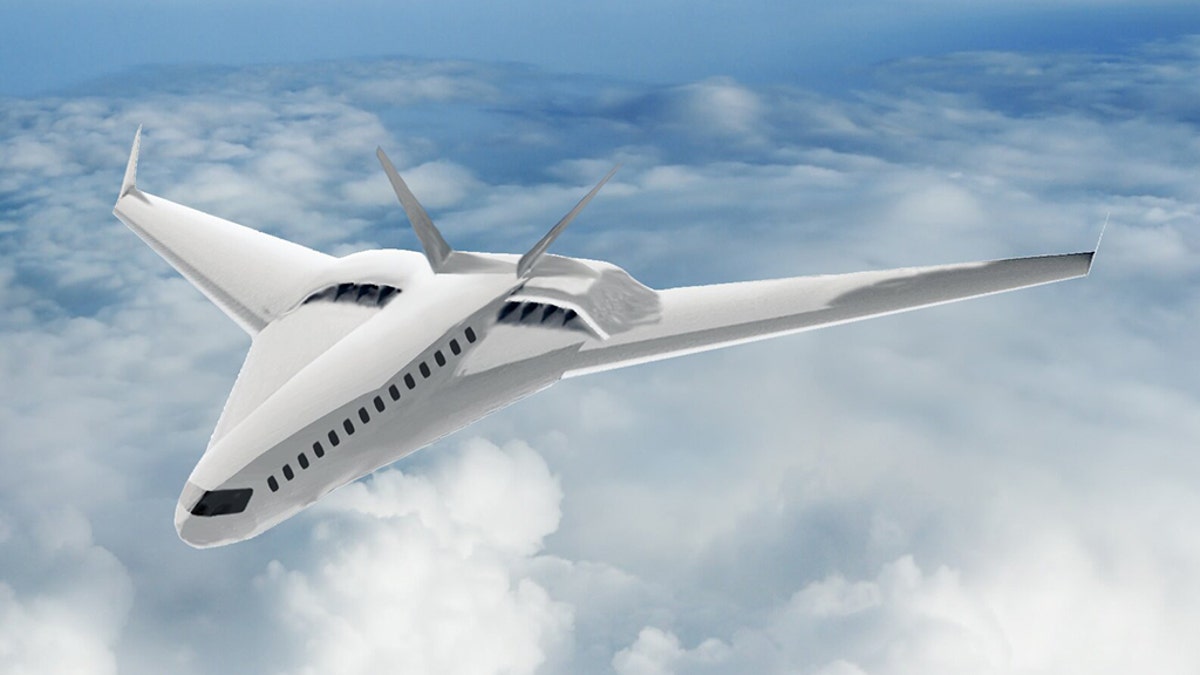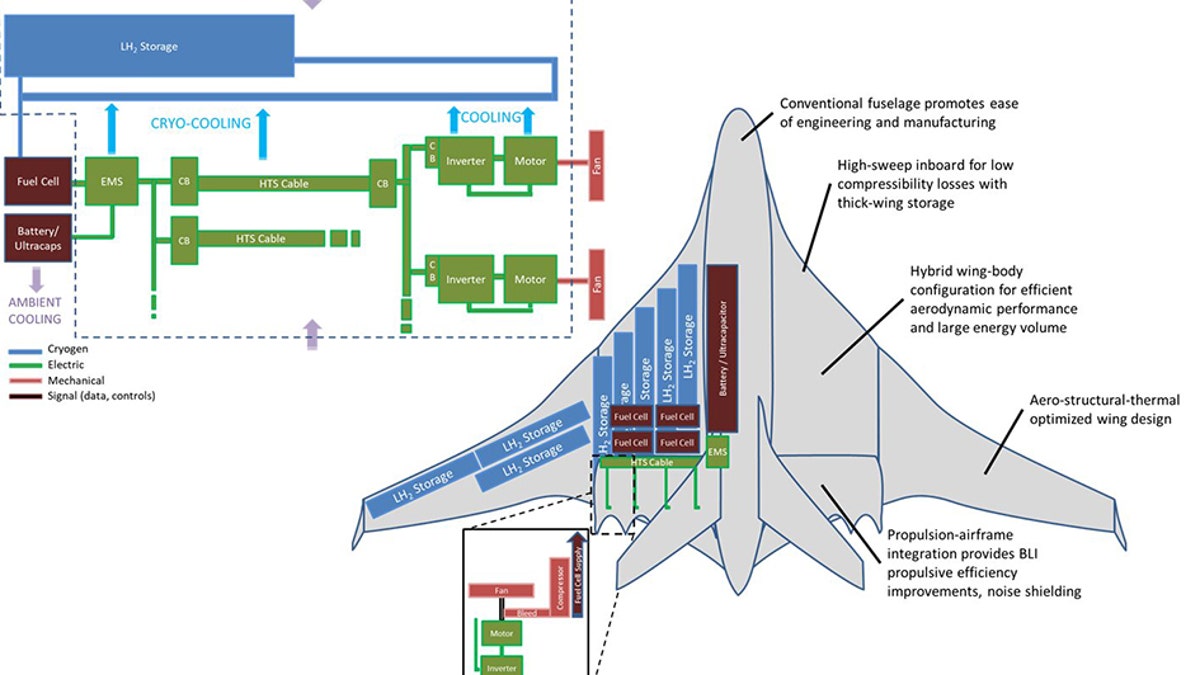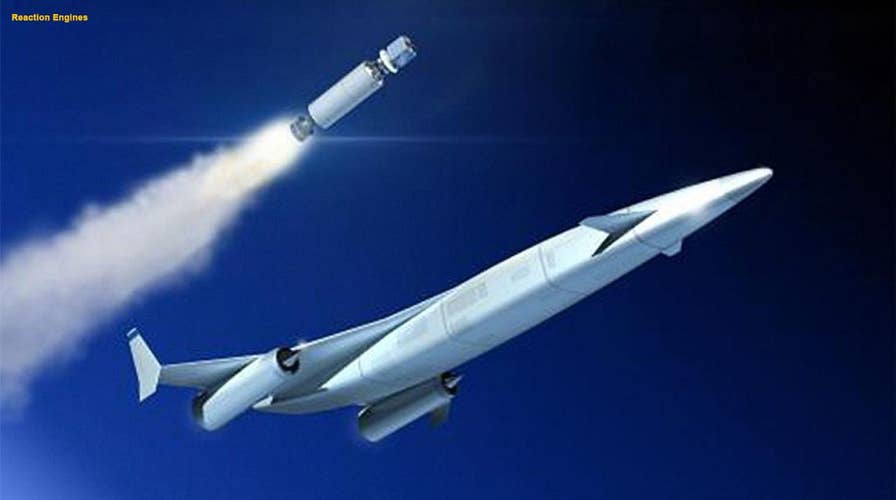Hypersonic plane passes crucial test
A hypersonic ‘spaceplane’ just passed a crucial test for its precooler component. If and when the jet becomes available for commercial use, it could fly people from London to New York in less than 60 minutes.
NASA funded scientists are working on an environmentally friendly electric plane that's powered by cryogenically-liquified hydrogen fuel.
The engineers have been given three years and $6 million (£4.6million) to create the tech which could revolutionize the aviation industry.
The aviation industry is often lambasted for not doing enough to help save the environment.
GERMANY TO RETURN ANCIENT STONE CROSS TO NAMIBIA
The International Air Transport Association has estimated that more passengers will be getting on planes in 2036 than there are people alive today.
Although the IATA claims that air travel only accounted for 2% of man-made carbon dioxide emissions in 2017, a lot of people think the number is actually higher and it is certainly going to increase.

Artist's rendering of an advanced commercial transport aircraft concept utilizing CHEETA systems. Credit: University of Illinois at Urbana-Champaign Department of Aerospace Engineering
At the same time, hydrogen is finally becoming a cost-effective fuel source.
However, hydrogen cells on their own may be able to power trains or turbines but they lack the ability to power a jet engine without weighing it down because they take up a lot of space.
8-FOOT ALLIGATOR KNOCKS DOWN WRANGLER IN TEXAS
Luckily, the University of Illinois researchers working on the project have found a way to cryogenically cool hydrogen cells so they can be condensed into a liquid and used as fuel.
When this hydrogen liquid is mixed with oxygen in the engine there is a powerful reaction, which results in a lot of energy that can be converted into electricity to drive an electric propulsion system.
The technology to power a plane using this fuel doesn't currently exist and that's where Nasa comes in with their funding.

1 / 1Concept sketch of a fully electric aircraft platform that uses cryogenic liquid hydrogen as an energy storage method. Credit: University of Illinois at Urbana-Champaign Department of Aerospace Engineering
The researchers have warned that air travel in the US is expected to increase 90 percent in the next 20 years so they want to make a plane that can actively reduce emissions before then.
414 MILLION PIECES OF TRASH FOUND ON REMOTE ISLAND NEAR AUSTRALIA
The principal investigator on the project Phillip Ansell said: "Essentially, the program focuses on the development of a fully electric aircraft platform that uses cryogenic liquid hydrogen as an energy storage method.
"The hydrogen chemical energy is converted to electrical energy through a series of fuel cells, which drive the ultra-efficient electric propulsion system. The low-temperature requirements of the hydrogen system also provide opportunities to use superconducting, or lossless, energy transmission and high-power motor systems."
He concluded that his team hopes to address gaps in the technology of electric plane designs and create the first completely electrical aircraft of the future.
Click here for more from The Sun, where this story first appeared.

